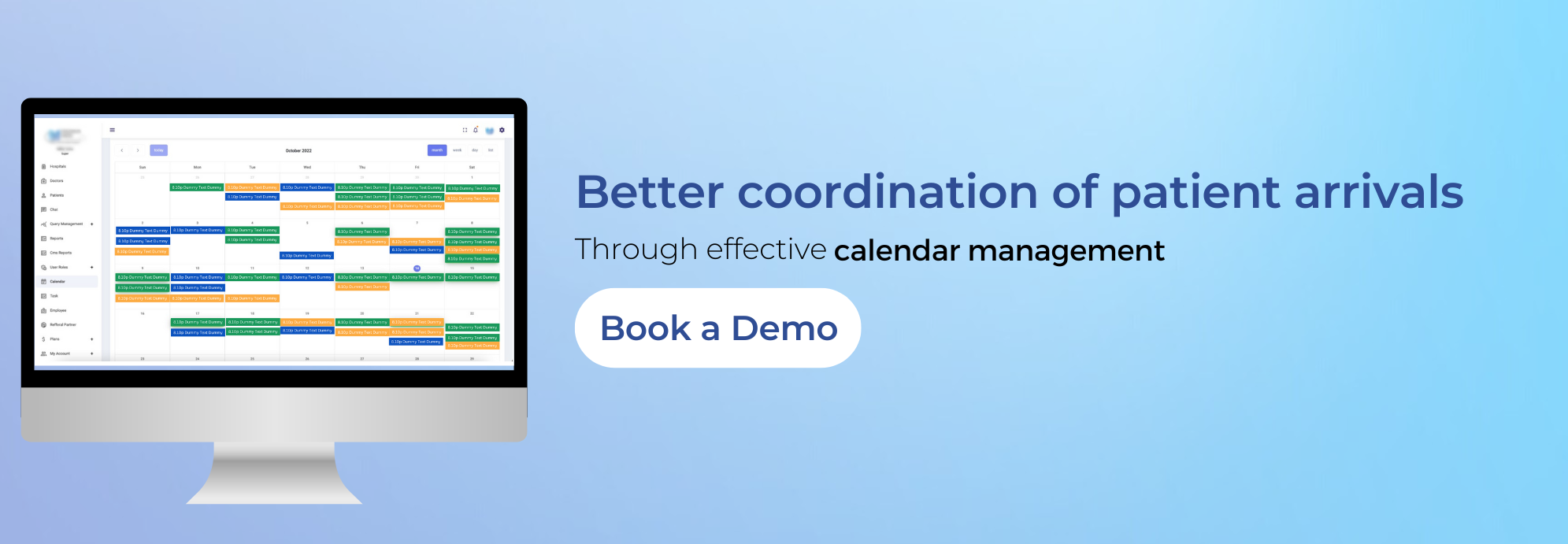Technology has drastically changed the landscape of medical tourism in emerging markets, creating new opportunities and providing greater access to care. Advanced healthcare technologies can facilitate remote diagnosis, increase cross-border collaboration between medical professionals, and improve patient safety. With this increased connectivity, more patients are discovering the benefits of medical tourism and seeking quality healthcare abroad.
Introduction to Medical Tourism in Emerging Markets.
According to a recent study by Deloitte, medical tourism is on the rise in emerging markets. Patients are increasingly seeking treatment abroad due to the cost savings and higher quality of care available in countries like India or Thailand compared to their home countries. Patients also get access to specialized treatments such as robotic surgery and stem cell therapy that aren’t available in all countries. Technological advances have only increased the possibilities for more patients, making cross-border medical travel easier and safer than ever before.
Overview of Technology Trends in Medical Tourism.
Technology plays a huge role in the growth of medical tourism. New developments in digital health, telemedicine, AI-based analytics and machine learning all contribute to better care for patients who travel abroad for treatment. By gathering data from multiple sources and using predictive analytics, healthcare professionals can make more informed decisions about the best course of action for their patients. Automation also allows for better efficiency and accuracy in the delivery of care, which increases patient satisfaction and reduces wait times. Additionally, new communication technologies make it easier for patients to communicate with doctors in other countries before they even arrive on site.
Impact of Technology on Medical Tourism Growth and Quality.
Technology has had a huge impact on the growth of medical tourism, and the capabilities offered by modern medical technologies means that more people are able to access healthcare services abroad. For example, new digital health solutions have given rise to remote monitoring, allowing healthcare professionals to monitor a patient’s condition from a distance and provide real-time advice. AI-based analytics also allow for more personalised care, as data gathered from multiple sources can be collated and analysed in order to make better decisions about treatments. Additionally, automation technologies such as robotic surgery have revolutionised surgical procedures and give patients access to highly skilled surgeons without having to travel long distances. These developments in technology have enabled better quality care for those travelling abroad for medical services and treatments.

Predictions for Future Usefulness of Technology in the Medical Tourism Industry.
The potential of technology to revolutionise the medical tourism industry is immense. In the near future, we can expect to see further integration of high-tech solutions into traditional systems, providing a more seamless and cost-effective way for patients to access healthcare services abroad. Online checkups and telemedicine solutions are likely to become commonplace, reducing waiting times and making it easier for doctors based in different countries to collaborate on patient care. Additionally, automated robotic operations may become more widespread, as surgeons gain greater flexibility when treating patients from all around the world. All these advances should enable even better patient outcomes in medical tourism.
Conclusion
In conclusion, technology has played a significant role in the growth of medical tourism in emerging markets. Advancements in digital health, telemedicine, AI-based analytics and machine learning have created new opportunities for patients seeking quality healthcare abroad. These technologies have facilitated remote diagnosis, increased cross-border collaboration between medical professionals, and improved patient safety. The future of the medical tourism industry looks promising as technology continues to be integrated, making access to healthcare services abroad more seamless and cost-effective for patients.
Click Here to try a 7-day free trial and book a demo to learn more



